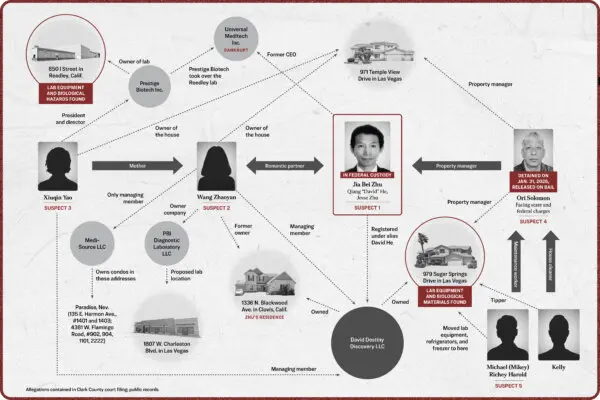Amid complex hiring processes, a shadow is spreading in the U.S. business world. Companies are using fake online job openings to project an image of growth, keep existing employees motivated, and cultivate a pool of possible future candidates with no intention of hiring, according to research.
The practice is commonly known as “ghost posting,” and it accounts for 43 percent of online job openings across multiple industries.










